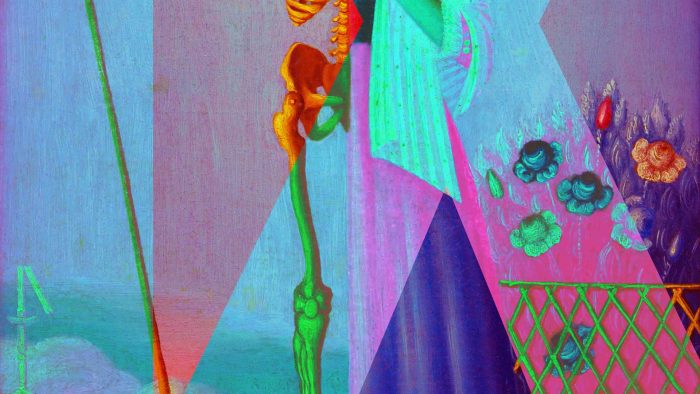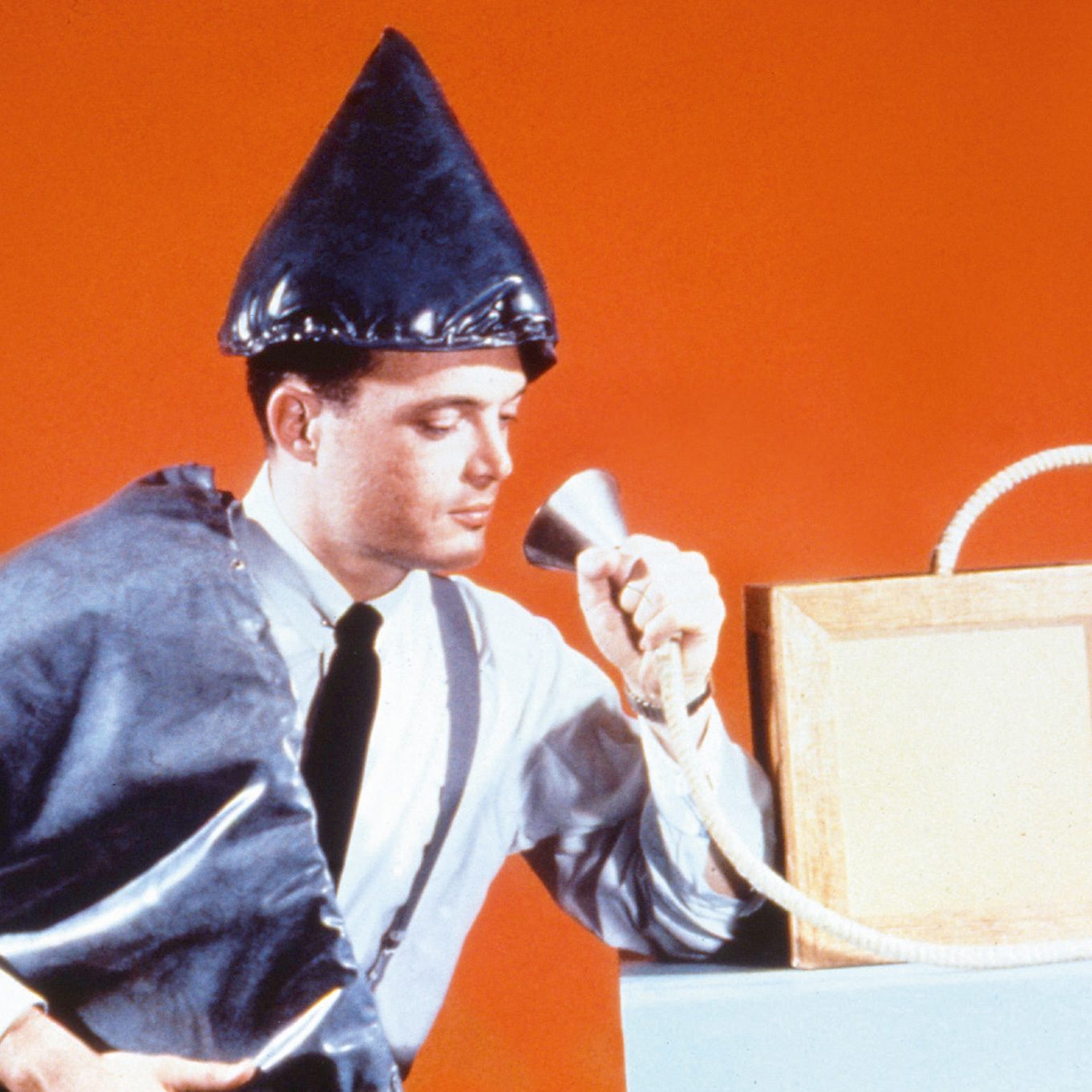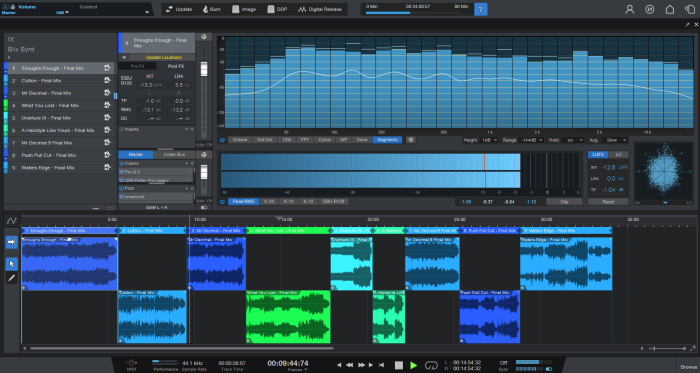Blix Byrd IX Track One – Enough’s Enough

I’ve heard people talk about how a recording can come out fully formed, but I’ve rarely experienced it myself. The album version of the song Enough’s Enough, though, just kind of happened one day. Listening back to the mix I bounced after the first day of recording, it’s shocking how close it is to the final mix. A couple of very minor form changes, a simple synth part, and some added guitars…those are the only real changes and additions after day one. Even the final vocals are from that first day.
I remember very clearly how well things flowed on that particular day. I had been working hard on re-building my studio after my ten-year musical hiatus, and I finally had it in shape, with instruments that inspired me and were easy to access. My signal chain was working. Everything was a-ok.
“I was just right. The day was just right. She was just right.”
Johnny Cash on writing some love song of his, from VH1 Behind the Music w/ Willie Nelson. Sorry I can’t be more specific, I was 16 when I saw it. Why I remember this line so distinctly is a mystery of my brain.
Loops for the Win
It was also one of the first times I used Ableton in recent years. Ableton’s session view allowed me to spend all day basking in the feel of what I was making, instead of incessantly copy/pasting and/or drawing loops. While I don’t tend to use too many loops in my final arrangements, I find them useful for writing by myself, because I can sit with them, stay immersed, and actually play music with myself.
I’m now using Bitwig + the AKAI Force controller for this type of in-studio writing, but that day in Ableton showed me that clip/loop-based improvising was going to be a great way for me to work in the studio, at least for now.
Recording the Vocals
The verse lyrics weren’t written for the “Enough’s Enough” music at all. They were plucked from some years-old song called Blameless that I’d written and never recorded. The day I made Enough’s Enough (February 14, 2021, aw, Valentine’s Day), I wrote:
Dug through the ole lyrics folder and found that “Blameless” had some gems that worked for the verses. Now it’s a song!
And the chorus lyrics are literally exactly as they were recorded the first time they came out of my mouth in the studio. Sometimes I use a stream of consciousness mumble-mouth technique when I have a musical concept but no lyrical concept. In this case, that stream of consciousness mumble-mouth nonsense just worked for me, and I never changed it or even re-recorded it. From my studio diary:
Recorded scratch vox w/ rando lyrics for one section…it just might work.
Indeed! Delicious!
Another thing that’s so special about this song to me is its function as the seed for the entire IX album. As I listened back to that initial session a few days later, the sound and general approach resonated with me in a very deep way. I thought, “this is what the next Blix Byrd album is.” Although that’s not the real reason it’s the first track on the album, I’m sure some part of me was rooting for it to be track one because it was my track one — the first track that told me I was working on something bigger, something that was going to take awhile, and something I was someday going to be proud to have made.
What does it all mean?
So what’s the song about? Obviously, that’s for you to decide. 🙂 That said, from my perspective, the singer is sitting at the bar and talking directly to someone they know well. They love and respect their friend, but are bothered by the fact that they incessantly stretch and bend the truth. They’ve never called the person out, and they never will, because every time they start to bring up the issue, they just end up falling back into old patterns and having a great time.
Also, importantly, can thinkpiece be one word? I really hope it can.
Lyrics
First please indulge me in my short little thinkpiece:
the last time you did something wrong,
what shirt were you wearing? Whose drink were you carrying?
Those shots went to my head, and my memories have all drained down.
My memory for faces never has been so good,
but I’m gonna tell you what I know:
I know he was famous cause he had the greatest shoes.
Let’s make this painless, cause you were wrong too.
Enough’s enough enough
I want someone to call my bluff
About this peace and peace and love
Enough’s enough’s enough’s enough’s enough’s enough’s enough’s enough
All right, let’s start again. Let’s get into the thick of it.
Go back to the last time you were not so sure:
Do you remember what that feeling is? Cause I cannot remember it!
Fuck it let’s go, I’ll put on my on my walking shoes!
Enough’s enough enough
I want someone to call my bluff
About this peace and peace and love
Enough’s enough’s enough’s enough’s enough’s enough’s enough’s enough


